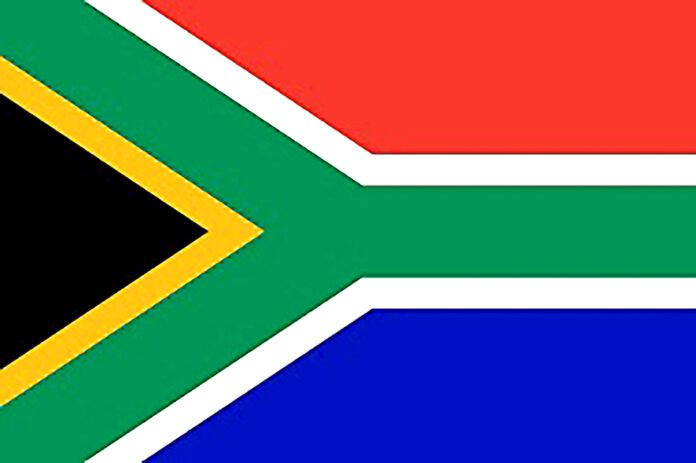Over the last decade or so there has been something of a revolution in economics. The belief that unfettered markets deliver good outcomes for all is discredited.
Some of the most prominent economists in the world have been changing their minds about the efficacy of markets.
A Nobel Prize-winning economist at Princeton University, Angus Deaton, for example, had this to say: “Our emphasis on the virtues of free, competitive markets and exogenous technical change can distract us from the importance of power in setting prices and wages.”
On trade unions he said: “I long regarded unions as a nuisance that interfered with economic (and often personal) efficiency and welcomed their slow demise. But today large corporations have too much power over working conditions, wages…”
The Nobel Prize winner for 2021, David Card, and his colleagues have shown that minimum wages do not in fact lead to job losses. They can be good economic policy to protect workers.
Much of this rethinking has been in response to economic policies implemented since the 1970s that favoured unfettered markets, especially in finance and technology. These have led to growing inequality across the world, excessive corporate power and concentrations of wealth in the hands of a small elite.
The global rethinking recognises that to generate inclusive growth, markets need to be carefully regulated. The aim is to ensure that economic power is not concentrated, and that outcomes are good even for those on the margins.
But policies to achieve these ends can’t be designed where there is a monopoly of political power. That leads to a monopoly of economic policy formulation, poor interrogation of policy, lip service to the idea of evidence-based policy making, and consequently poor outcomes.
This has certainly been the case in South Africa. But there may be room for optimism following the ANC’s loss of its majority in the May 29 elections. What followed was a unity government – essentially an alliance between the ANC and DA.
My optimism arises from my sense that a more plural political space might bring in new voices that might generate better economic policies to address unemployment and inequality.
The problem with this pattern of inequality is that it reduces the level of economic growth, because too few people are integrated into the economy. Conversely, when the economy does grow, the benefits of growth go mostly to the upper and wealthier classes. It’s a vicious cycle.
The economy needs to grow. But to address the country’s high levels of unemployment and poverty, and extreme inequality, the benefits of growth will have to be skewed to lower-income groups and marginalised communities.
The government of national unity (GNU) might offer an opportunity to achieve this. On the surface, the GNU is unlikely to agree on policies that will generate the required kind of growth. This is because the DA has a long history of arguing against policies like the minimum wage.
But the country could move towards the same goal for another reason – that the space has been opened for ideas to be contested.
With greater uncertainty and contestability, political elites are more likely to respond to the concerns of citizens. When governments are responsive to their citizens, the probability of success increases. That’s one of the findings of economist Daron Acemoglu and political scientist James Robinson, in their study on why some nations succeed and some fail.
In the coming years, our government will be called on to make important policy choices in a complex international political space, careful choices based on good research and evidence.
Such an approach to policy development can draw from the country’s strong institutions outside the state, including universities, civil society, legal institutions, trade unions, and an adept business community.
Nothing is certain. There are, however, good reasons to feel a little more optimistic, because of the new pluralism. Whether it happens will depend on how the GNU performs and on how institutions outside the state use the newly open political space.
- This is an edited version of an -article by Valodia, a pro vice-chancellor: climate, sustainability and inequality at Wits University. It was first published in The Conversation



